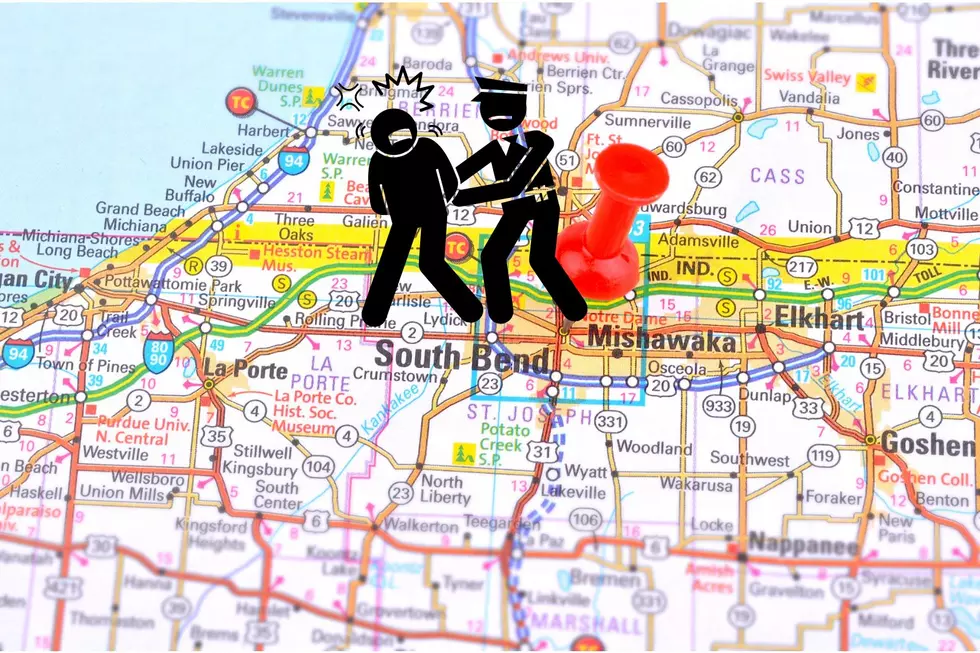
Does Race Matter When Reporting on Possible Criminal Suspects
When a crime occurs and the witnesses give descriptions, including race, of the suspects is that something that you believe is important when attempting to solve a crime, I do.
Brown University in Rhode Island is no longer going to include the race of the suspected criminal when reporting on crimes. They believe that the practice of reporting the race of a suspected criminal stigmatizes certain groups?
Which certain groups would that be? If I hear of a crime and the race of the suspect, I do not automatically think that the suspect’s race is a blanket condemnation of an entire race. I believe it is the condemnation of the person who committed the crime when they are found guilty.
In fact I think that these people who are against reporting the suspects race might themselves be a bit bigoted or at least believe that most people are bigots and racist thus they cannot be trusted with knowing the suspected criminals race.
Do you really want a black person to be targeted if the suspected criminal is a white person, or vice versa? What is next not reporting on their ethnicity? What if the person who is suspected of committing a crime is Asian, should the public be looking for a white or black person? How about not reporting on s suspected criminals gender, might that be considered sexism?
Common sense tells me that not reporting the suspected criminals’ race would make it harder for the police to solve a crime.
The Brown Daily Herald is reporting that the policy was implemented about a year ago but the University is only informing the public recently. The police chief is quoted in the article stating “vague descriptions can reinforce stereotypes”.
What descriptions has the Brown University police been reporting; only the suspect’s age, sex, build, and general appearance (without reporting skin color).
Believe it or not even the Rhode Island branch of the American Civil Liberties Union is skeptical of not reporting the race. The Executive Director of the Rhode Island ACLU was quoted saying:
“Racial profiling is certainly a very legitimate issue for a campus to be concerned about. But if the point of these reports is to help identify suspects, I’m not sure it makes much sense to exclude race from the description.”
By the way the University of Minnesota and the University of Maryland also do not include race when describing a suspected criminal.
Do you believe that reporting the race of a suspected criminal reinforces stereotypes?
What is really going on here, have these police departments put being politically correct ahead of the public safety?
Let’s talk about this today on The Live with Renk Show which airs Monday through Friday 9 a.m. to noon. To let me know your thoughts during the show please call (269) 441-9595.
Or please feel free to start a discussion and write your thoughts in the comment section.
More From WKMI









